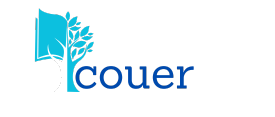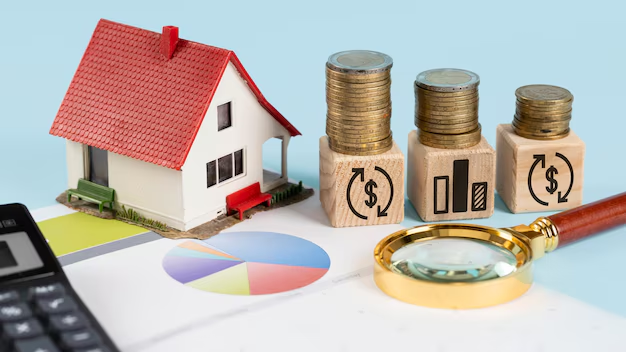Loans come in various forms, and each type has its own advantages and disadvantages. Here’s an overview of some common types of loans, along with their pros and cons:
1. Personal Loans
Pros:
- Unsecured: No collateral is required, which means you don’t risk your property.
- Flexible Use: Can be used for almost anything—debt consolidation, medical bills, home improvement, etc.
- Fixed Interest Rates: Many personal loans offer fixed rates, so your payments stay the same throughout the loan term.
Cons:
- Higher Interest Rates: Personal loans may have higher interest rates compared to secured loans.
- Fees: Some loans may come with origination fees or early repayment penalties.
- Qualification Requirements: You may need good credit to qualify for a favorable interest rate.
2. Mortgage Loans
Pros:
- Lower Interest Rates: Typically lower than personal loans because they are secured by the property.
- Longer Terms: Mortgages often have long repayment periods (15–30 years), making monthly payments more affordable.
- Potential Tax Benefits: In some regions, mortgage interest payments may be tax-deductible.
Cons:
- Risk of Foreclosure: If you default on the loan, the lender can take possession of your property.
- Upfront Costs: Down payments, closing costs, and insurance can be significant.
- Long-Term Commitment: Mortgages can last decades, locking you into a long-term financial obligation.
3. Auto Loans
Pros:
- Secured Loan: Typically has lower interest rates than unsecured loans since the car is collateral.
- Fixed Rates: Many auto loans offer fixed interest rates, so payments are predictable.
- Flexible Terms: Loan terms can vary depending on your needs and ability to pay.
Cons:
- Depreciation: The car’s value will decrease over time, so if you default, you could owe more than the car is worth.
- Secured Loan: If you default, the lender can repossess your vehicle.
- Limited Use: You can only use an auto loan to buy a car, so it’s not flexible for other needs.
4. Student Loans
Pros:
- Low Interest Rates: Federal student loans often come with lower interest rates compared to private loans.
- Flexible Repayment Plans: Income-driven repayment plans and deferment options can make repayment more manageable.
- Deferment Options: Federal student loans offer deferment or forbearance in cases of financial hardship.
Cons:
- Debt Burden: High loan amounts can be difficult to repay, especially without a high-paying job after graduation.
- Interest Accumulation: Interest can accumulate during school years or deferment, making the debt grow.
- Limited Forgiveness Options: Only certain careers and repayment plans offer loan forgiveness, and they come with strict conditions.
5. Home Equity Loans (HEL) and Home Equity Lines of Credit (HELOC)
Pros:
- Lower Interest Rates: These loans are secured by your home, often offering lower rates compared to other unsecured loans.
- Large Loan Amounts: You can borrow a significant sum, as the loan is based on the equity in your home.
- Flexible Usage: The funds can be used for anything, including home improvement, debt consolidation, or major expenses.
Cons:
- Risk of Losing Your Home: If you default, the lender can foreclose on your house.
- Upfront Fees: Closing costs and fees can be high.
- Variable Rates (for HELOCs): Interest rates can fluctuate, which could increase your payment over time.
6. Credit Cards (Revolving Credit)
Pros:
- Convenient: Easy access to funds for small purchases or emergencies.
- Rewards and Benefits: Many credit cards offer rewards, cashback, or travel points.
- Revolving Credit: As you repay, your available credit is replenished, allowing flexibility.
Cons:
- High Interest Rates: Credit cards tend to have higher interest rates, especially if the balance isn’t paid off in full each month.
- Debt Accumulation: It’s easy to accumulate debt if you don’t manage spending.
- Impact on Credit Score: Late payments or high credit utilization can negatively impact your credit score.
7. Payday Loans
Pros:
- Quick Access to Cash: These loans can provide fast cash with minimal paperwork, typically without a credit check.
- Short-Term Solution: Useful for emergency situations when you need money immediately.
Cons:
- Extremely High-Interest Rates: Payday loans have very high-interest rates, sometimes approaching 400% or more on an annual basis.
- Debt Cycle Risk: Many borrowers end up borrowing again to pay off previous payday loans, leading to a cycle of debt.
- Short Repayment Period: You typically must repay the loan in full within a short time, often by your next paycheck.
Conclusion
The best type of loan depends on your needs, financial situation, and ability to repay. Secured loans tend to offer lower interest rates, but they come with the risk of losing collateral. Unsecured loans, on the other hand, are risk-free in terms of assets, but can come with higher interest rates. Always consider the loan’s purpose, your ability to repay, and the associated risks before committing.

